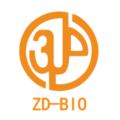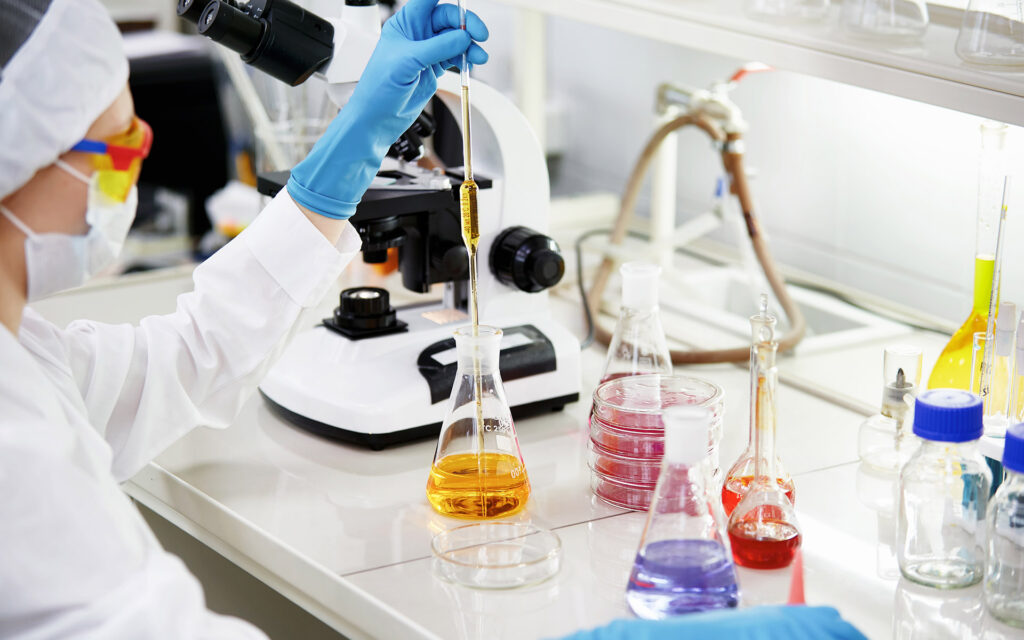Ethyl lactate is an organic compound that is commonly used as a solvent, flavoring agent, and intermediate in the production of chemicals. It is a clear, colorless liquid with a sweet odor and taste, and its chemical formula is C5H10O3. Ethyl lactate is produced through the reaction of lactic acid with ethanol, and it has a boiling point of 154 °C and a melting point of -25 °C.
One of the most significant applications of ethyl lactate is its use as a solvent. It is commonly used as a green solvent due to its low toxicity and biodegradability, making it an excellent alternative to traditional solvents like chlorinated solvents or hydrocarbons. Ethyl lactate is also used in cleaning products, paint removers, and industrial coatings due to its solvency power and ability to dissolve greases, oils, and other organic substances.
Another essential use of ethyl lactate is as a flavoring agent in the food industry. It is used to add a fruity and sweet taste to food products, and it is often used in bakery products, candies, and fruit-based drinks. Ethyl lactate is also used in the production of fragrances and cosmetics as a solvent, fragrance, and masking agent.
Ethyl lactate has some potential benefits in the medical field as well. It has been found to have antimicrobial properties, making it an attractive alternative to traditional disinfectants. Ethyl lactate has also been studied for its potential use in the treatment of cancer due to its ability to inhibit the growth of cancer cells. However, more research is needed to determine its effectiveness in treating cancer.
Another important application of ethyl lactate is its use in the production of chemicals. It is used as an intermediate in the production of various chemicals such as polymers, surfactants, and plasticizers. Ethyl lactate is also used in the synthesis of other chemicals like ethyl levulinate, which is used as a flavor and fragrance ingredient in the food and cosmetics industries.
In addition to its many uses, ethyl lactate has some potential drawbacks. It can be flammable, which can be a safety hazard if not handled properly. It can also be irritating to the skin, eyes, and respiratory system, and prolonged exposure to high concentrations can cause headaches, dizziness, and nausea. Therefore, it is essential to take the necessary precautions when handling ethyl lactate and to follow the recommended safety guidelines.
In conclusion, ethyl lactate is a versatile compound with numerous applications in various industries, including solvents, flavoring agents, and chemical intermediates. Its low toxicity and biodegradability make it an attractive alternative to traditional solvents, and its potential antimicrobial and anticancer properties make it an exciting area of research in the medical field. However, it is important to handle ethyl lactate with care due to its flammability and potential irritant properties.


